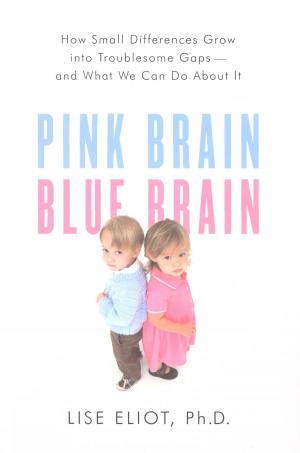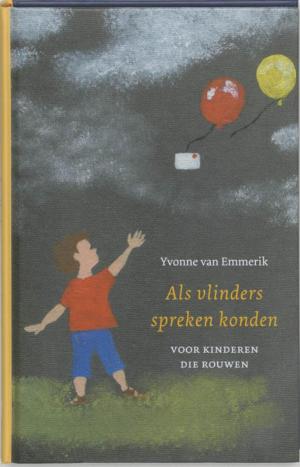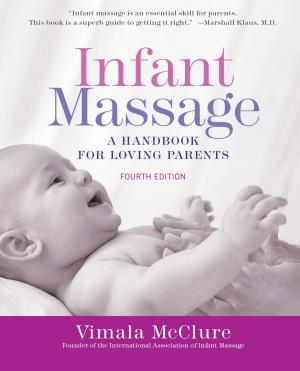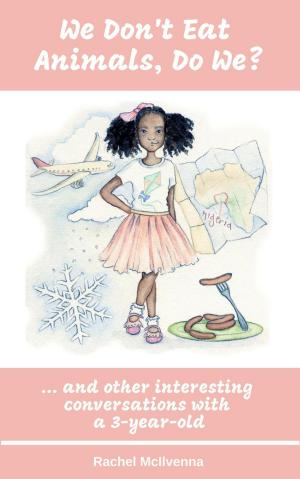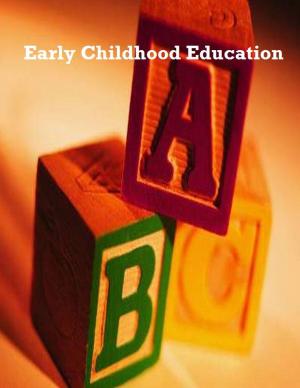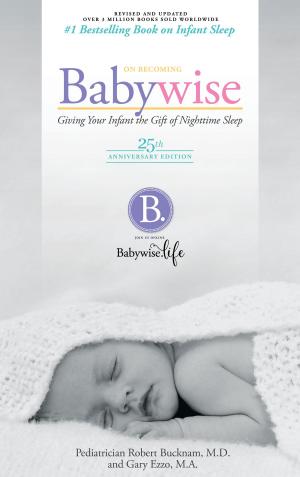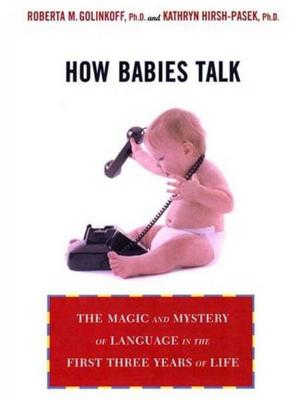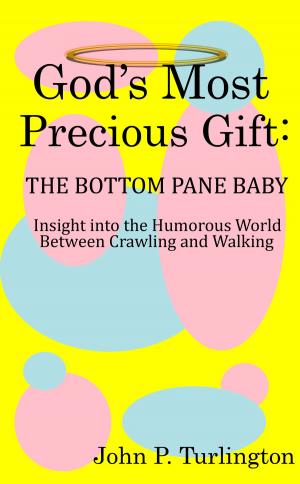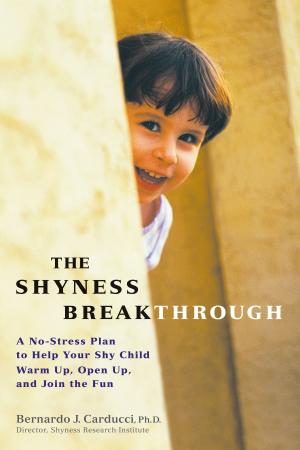Erik H. Erikson and Basic Trust vs. Basic Mistrust (Psychosocial Stages of Development)
Nonfiction, Health & Well Being, Psychology, Developmental Psychology, Family & Relationships, Babies & Toddlers, Infants & Toddlers| Author: | L.P. Middler | ISBN: | 9781311982834 |
| Publisher: | Critical Mass Publications | Publication: | January 21, 2014 |
| Imprint: | Smashwords Edition | Language: | English |
| Author: | L.P. Middler |
| ISBN: | 9781311982834 |
| Publisher: | Critical Mass Publications |
| Publication: | January 21, 2014 |
| Imprint: | Smashwords Edition |
| Language: | English |
Basic Trust vs. Basic Mistrust (also called simply Trust vs. Mistrust) is the stage of the infant, according to Erikson’s “Eight Ages of Man.” Solving the conflict between trust and mistrust is basically a function of the maternal relationship and the quality thereof.
During this stage, we slowly become familiar with our new environment, eventually feeling comfortable enough to know that if Mother walks away, she will be back. Teething brings a conflict when biting, the only thing that eases the pain, causes Mother, the keeper of nutrients and comfort, to shy away.
If everything goes well, we are able to maintain ourselves against feelings of separation. If something hinders this progress, neuroses can develop, even so far as descent into schizo-depressive states.
The defense mechanisms projection and introjection are also explored.
Basic Trust vs. Basic Mistrust (also called simply Trust vs. Mistrust) is the stage of the infant, according to Erikson’s “Eight Ages of Man.” Solving the conflict between trust and mistrust is basically a function of the maternal relationship and the quality thereof.
During this stage, we slowly become familiar with our new environment, eventually feeling comfortable enough to know that if Mother walks away, she will be back. Teething brings a conflict when biting, the only thing that eases the pain, causes Mother, the keeper of nutrients and comfort, to shy away.
If everything goes well, we are able to maintain ourselves against feelings of separation. If something hinders this progress, neuroses can develop, even so far as descent into schizo-depressive states.
The defense mechanisms projection and introjection are also explored.


